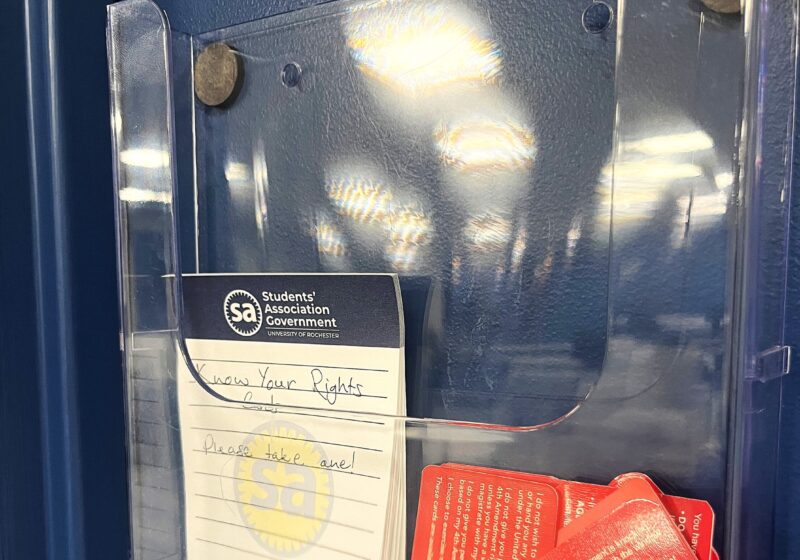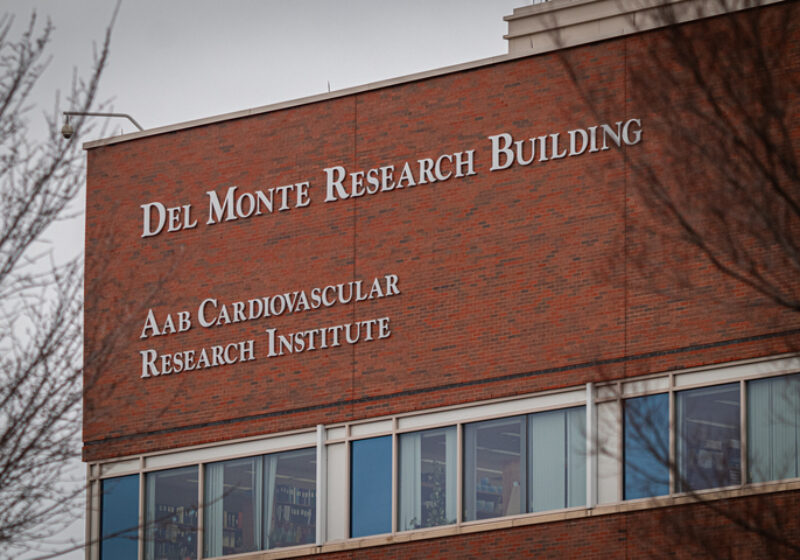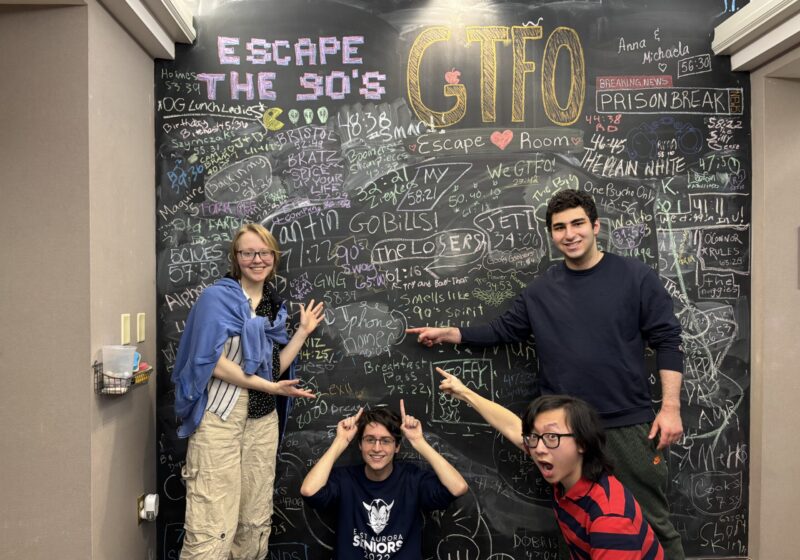It is hard to tell my own academic story without the Physics-Optics-Astronomy Library (POA). If its story is to end with the proposed computer lab, then so ends my academic career. When I first came to the University, I was looking forward to four hard years doing physics and mathematics, and for all my luck, I got just that. However, I thought I could do it on my own that my high school had prepared me for the rigors of college. I was wrong.
I first heard about the POA at the activities fair my freshman year when Daniel Linford ’09 was manning the Society of Physics Students (SPS) table. He was dipping jolly ranchers in liquid nitrogen and handing them out that image of a physics student stuck with me. He said that if I ever needed any help, to just stop by the POA, since it hosts a tutoring program. So I did. The POA was intimidating: There were professors, graduate students and upperclassmen focused in physics and astronomy. They seemed to know much more than I could ever learn in all four years as an undergraduate. I tried to spend as little time there as possible. However, as the courses got harder I needed more help and so I went to the POA more often.
In the fall of 2008, I was part of a team in PHY 142 that presented ‘The Physics of a Light Saber,” a very unusual topic. The team spent hours in the POA working on the presentation, editing videos and trying to figure out some plausible light saber physics. Doing this work was the first time I felt comfortable in the POA. I felt that I belonged not just in the POA, but also in the academic community of the University. I found friends with similar interests, quirky senses of humor and a strange admiration for the physical sciences. I began to gravitate to the POA for all of my work after this project, as did many other physics students. There eventually arose an unspoken bond, an understanding with my fellow classmates that we would be in the POA the night before the homework was due, struggling through it and helping each other out. This was a crucial asset when faced with upper level physics courses.
While we were in the POA, we partook in several activities not directly related to our academics. Some of us took up chess to take a break from our work. Others played SlitherLink, Sudoku or a cryptography game readily available at the coffee table in the POA. Some read the variety of newspapers or magazines offered. Others debated the news. Many of us signed up to be SPS tutors, the same ones we once relied on to get our homework done. We offered help to any introductory-level physics and astronomy student at any time even beyond the official SPS hours. Many of the pre-med students who came in for tutoring admired the modest grace of the POA and began to do other homework there, especially in the quiet area.
When the Europeans explored the New World and the South Pacific in the 17th and 18th centuries they had a regimentalized code about land possession. And we all know how wantonly they took land. However, they would never take possession of land if they saw that the natives had cultivated the land in any way. Similarly, we too have cultivated these bare walls and tables of the POA, making it the hub of a community. After all the work done here and the attempt to preserve it, how could it not be considered so?
The POA is a network of support. The physics and astronomy programs are as grueling as any at this University. And it is inherent that we will have bad days. The network of friends and peers we accumulate at the POA allows us to bounce back from those days. We are a group that motivates each other to work, do better and be the best we can be. We have grown into this group because we readily accepted the POA as our home when faced with adversity and saw the benefit of this decision. It’s not just that the POA has molded us to this form; we too have left a mark on the POA.
‘Sometimes you want to go
Where everybody knows your name,
And they’re always glad you came.”
‘Cheers” theme song
Khaitan is a member of
the class of 2011.



